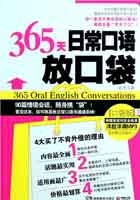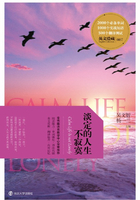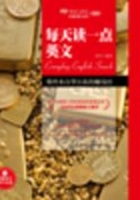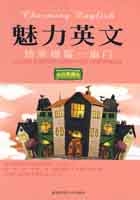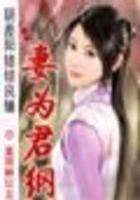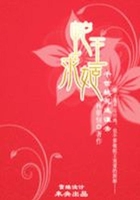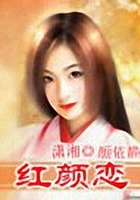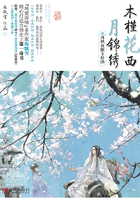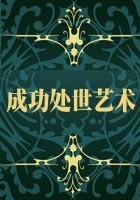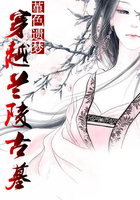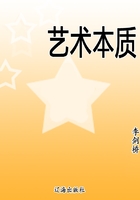A Thoroughly Negative Place
阿尔伯特·加缪 / Albert Camus
The town itself, let us admit, is ugly. It has a smug, placid air and you need time to discover what it is that makes it different from so many business centers in other parts of the world. How to conjure up a picture, for instance, of a town without pigeons, without any trees or gardens, where you never hear the beat of wings or the rustle of leaves—a thoroughly negative place, in short? The seasons are discriminated only in the sky. All that tells you of spring’s coming is the feel of the air, or the baskets of f?lowers brought in from the suburbs by peddlers; it’s a spring cried in the market-places. During the summer the sun bakes the houses bone-dry, sprinkles our walls with grayish dust, and you have no option but to survive those days of f?ire indoors, behind closed shutters. In autumn, on the other hand, we have deluges of mud. Only winter brings really pleasant weather.
Perhaps the easiest way of making a town’s acquaintance is to ascertain how the people in it work, how they love, and how they die. In our little town (is this, one wonders, an effect of the climate?) all three are done on much the same lines, with the same feverish yet casual air. The truth is that everyone is bored, and devotes himself to cultivating habits. Our citizens work hard, but solely with the object of getting rich. Their chief interest is in commerce, and their chief aim in life is, as they call it, “doing business.” Naturally they don’t eschew such simpler pleasures as sea-bathing, going to the pictures. But, very sensibly, they reserve these pastimes for Saturday afternoons and Sundays and employ the rest of the week in making money, as much as possible. In the evening, on leaving the off?ice, they forgather, at an hour that never varies, in the cafe’s, stroll the same boulevard, or take the air on their balconies. The passions of the young are violent and short-lived; the vices of older men seldom range beyond an addiction to bowling, to banquets and socials, or clubs where large sums change hands on the fall of a card.
让我们承认那个小镇的丑陋吧。它的气氛做作、平静,而且,你需要花时间去发现,它为何与世界其他地方的许多商业中心有所不同。你如何能想象到这样的一种景致,例如,一个没有鸽子,没有任何树木或花园的小镇,在这里,听不见鸟儿振翅或树叶的沙沙声——简而言之,这是一个完全相反的地方。在这里季节只能依靠天空来辨别。只有空气或者市场上的小贩从郊区运来的一篮篮花能告诉你已是春天了。在夏天里,房子被太阳烘得干透,灰色的尘埃布满了墙壁,你别无选择,只有躲在拉上的百叶窗后,在室内逃避那些炙热的日子。秋天则泥沙泛滥。只有冬季带来真正愉悦的气候。
也许,了解一个城镇最简单的方法,是了解它的市民如何工作,如何恋爱和如何死亡。在我们的小镇上(不知是否受了天气的影响?)这三件事在同样灼热难耐却已司空见惯的空气中,以极为相同的方式完成。实际上,每个人都觉得无聊,便投入到各自爱好的培养中。我们的市民都努力工作,但唯一的目标是发财。他们最主要的兴趣是商业,而生活之首要目的,就如他们自己所说的,是“做生意”。自然,他们也免不了一些像海浴、看电影等简单的娱乐。但是,他们非常明智地把这些消遣留到周六下午与周日,而其他时间却尽可能地用来赚钱。黄昏,他们离开办公室后,会在固定的时间里聚集在咖啡馆,在相同的林荫大道上散步,或是在阳台上透透气。年轻人的热情强烈但为时不长,年长者的不良嗜好很少超出沉溺于保龄球、宴会和社交的范围,或者是沉湎于那种打出一张牌,就能赚大笔钱的俱乐部。
记忆填空
1. How to conjure up a , for instance, of a town without pigeons, any trees or gardens, where you never the beat of wings or the rustle of leaves—a thoroughly negative place, short?
2. the summer the sun bakes the houses bone-dry, sprinkles our with grayish dust, and you have no option but survive those days of f?ire indoors, behind shutters. In autumn, on the other , we have deluges of mud. Only brings really pleasant weather.
佳句翻译
1. 只有冬季带来真正愉悦的气候。
2. 也许,了解一个城镇最简单的方法,是了解它的市民如何工作,如何恋爱和如何死亡。
3. 我们的市民都努力工作,但是唯一的目标就是发财。
短语应用
1. How to conjure up a picture, for instance, of a town without pigeons, without any trees and gardens.
conjure up:用魔法召唤;想起;使在脑海中显现
2. The truth is that everyone is bored, and devotes himself to cultivating habits.
devote to:将……奉献给;把……专用于

